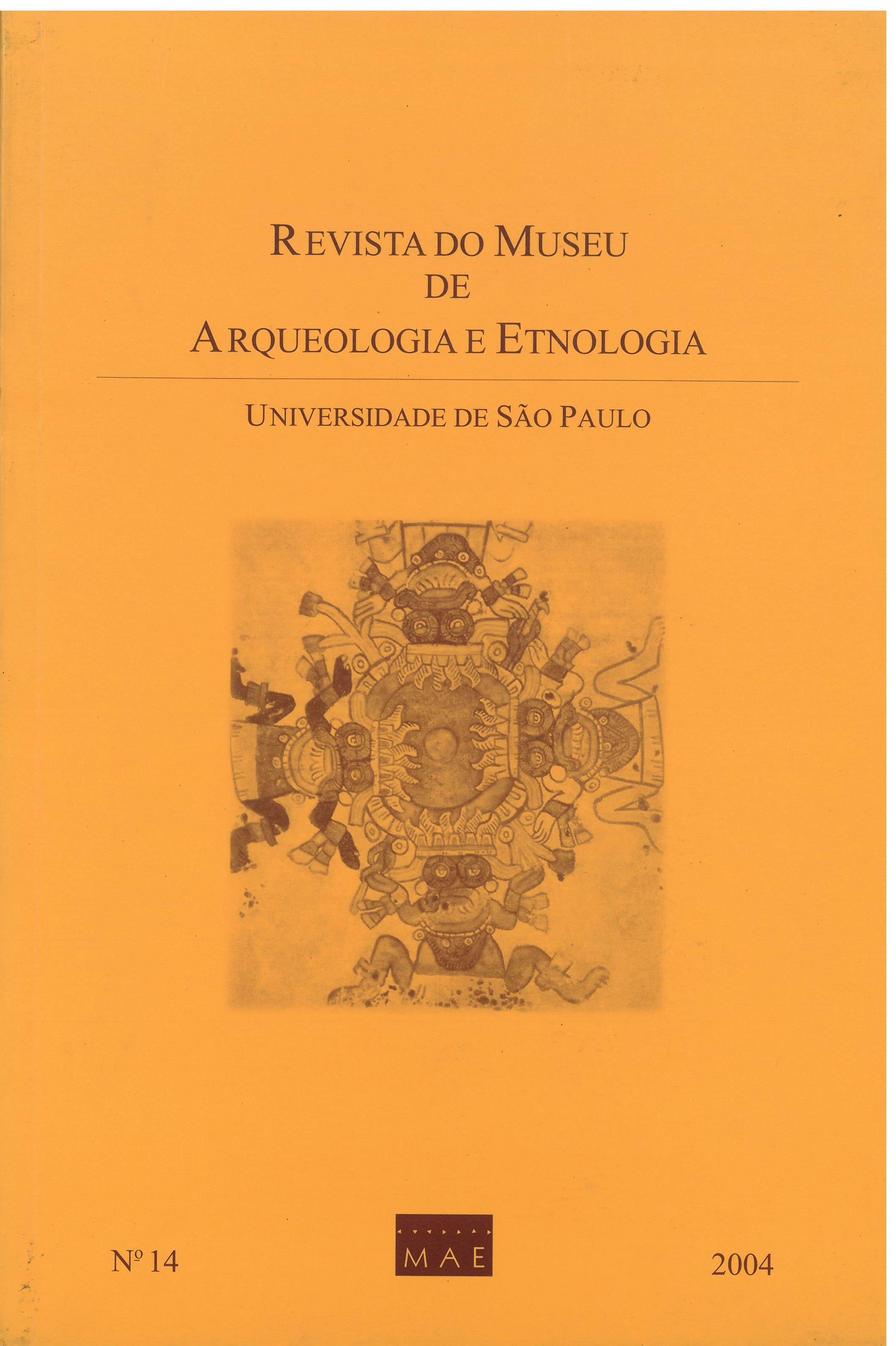Práticas funerárias, culto aos ancestrais e transmissão do patrimônio familiar na Babilônia antiga
DOI:
https://doi.org/10.11606/issn.2448-1750.revmae.2004.89661Palavras-chave:
Patrimônio, Herança, Práticas funerárias, Mesopotâmia, Larsa, Culto aos ancestrais.Resumo
Procurou-se, neste artigo, estabelecer a relação entre dois fenômenos: por um lado, a transmissão do patrimônio familiar e, por outro, as práticas funerárias, em particular em contextos de inumações no subsolo da casa. Pode-se verificar que a necessidade de assegurar o culto dos ancestrais através dos ritos funerários teve um importante papel no processo de herança material e simbólica do grupo doméstico na região babilônica e foi decisivo para diferenciar a posição do filho primogênito daquela dos demais herdeiros.Downloads
Os dados de download ainda não estão disponíveis.
Downloads
Publicado
2004-12-09
Edição
Seção
Artigos
Licença
Copyright (c) 2004 Marcelo Rede

Este trabalho está licenciado sob uma licença Creative Commons Attribution-NonCommercial-NoDerivatives 4.0 International License.
Como Citar
REDE, Marcelo. Práticas funerárias, culto aos ancestrais e transmissão do patrimônio familiar na Babilônia antiga. Revista do Museu de Arqueologia e Etnologia, São Paulo, Brasil, n. 14, p. 117–138, 2004. DOI: 10.11606/issn.2448-1750.revmae.2004.89661. Disponível em: https://journals.usp.br/revmae/article/view/89661.. Acesso em: 22 jul. 2024.


















